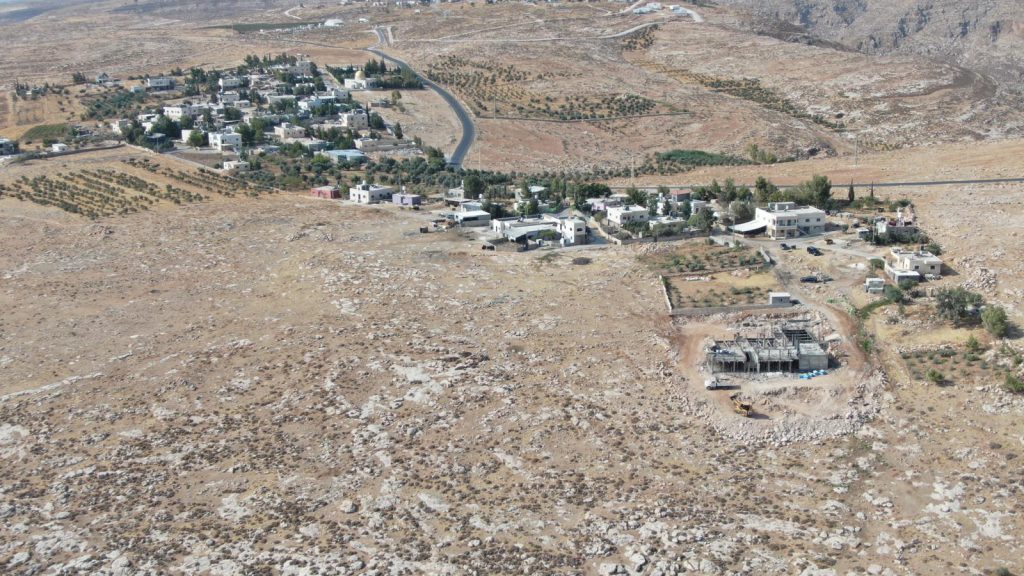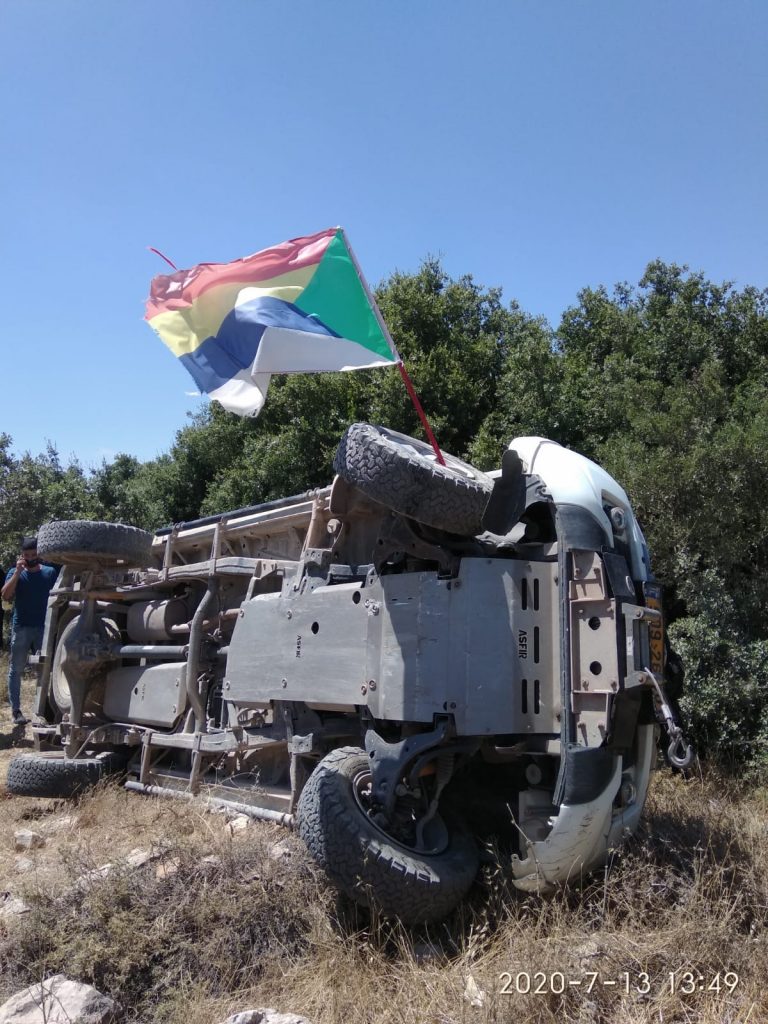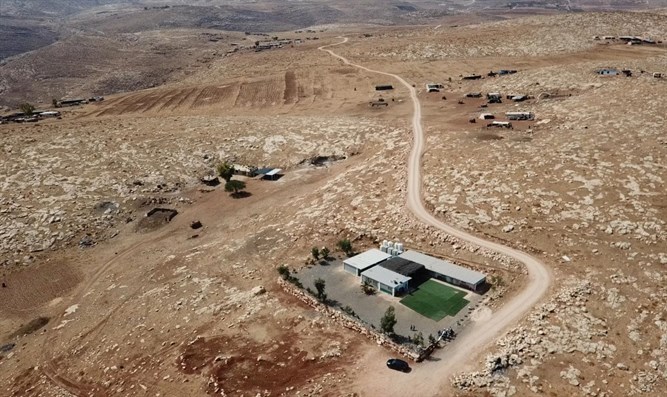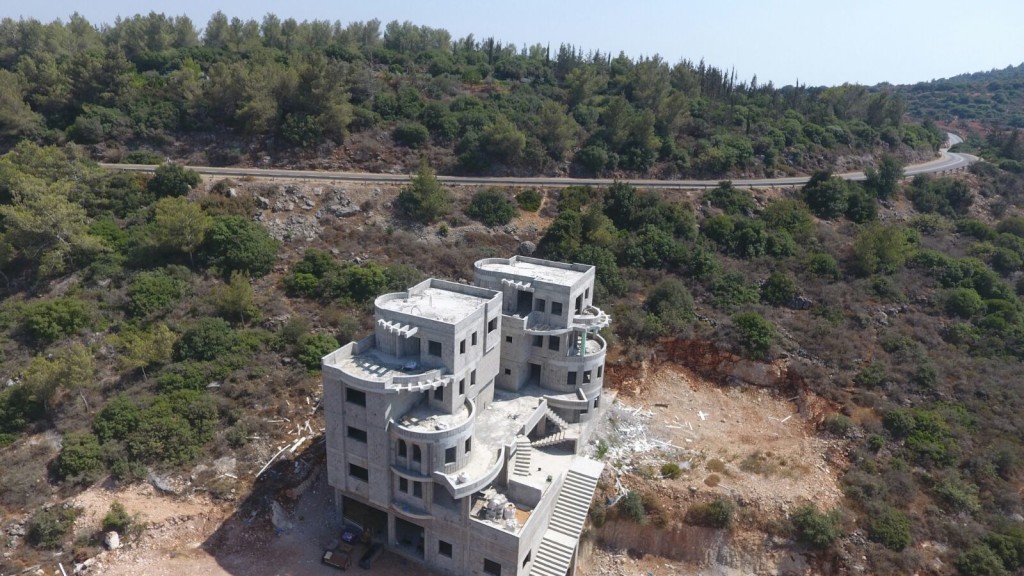
The Knesset Foreign Affairs and Defense Committee has been told that the Palestinians have taken over large swaths of Israeli-controlled land in Judea and Samaria while authorities dither on what action to take, Makor Rishon reported Monday.
Testifying before the committee, a representative of the pro-settlement Regavim presented mapping data they collected that does not correspond to the data of the Civil Administration.
“They [Civil Administration] are talking about locating 650 buildings, we found 3,500 illegal buildings built in 2020,” Meir Deutsch said. “Today there are about 69,000 illegal buildings in Area C,” which amounts to 30 to 40 percent of Area C.
Deutsch, whose organization monitors enforcement of the law in Judea and Samaria, showed that in Area A, which is under direct Palestinian control, there are many empty areas suitable for construction without the need for Israeli approval, but the Palestinians insist on building in Area C, which is under full Israeli control.
Regavim said the Palestinians are taking advantage of Israel’s non-enforcement and taking over land in Area C due to the decision-making vacuum as Israel took the last six months to prepare for the application of Israeli sovereignty to settlements in Judea and Samaria.
The sovereignty plan would have seen up to 30 percent of Judea and Samaria fall under direct Israeli rule, but last week it was indefinitely postponed as a condition for the impending establishment of diplomatic ties with the United Arab Emirates, expected to happen at the White House in the coming weeks.
The committee was told that as early as 2017, the Civil Administration recommended a plan to register land in Judea and Samaria as a countermeasure to the registration proceedings initiated by the Palestinian Authority. Knesset Member Ayelet Shaked claims those plans got stuck with the prime minister.
It was revealed that the cabinet decided a year ago that action needed to be taken to thwart the PA’s plan to seize sections of Area C, but nothing was done.
“A common tactic of the Palestinian Authority is to build schools to facilitate a land grab,” Regavim tweeted, saying the Palestinians use large amounts of European funds provided for Palestinian construction in order to quickly put up buildings they call schools without building permits on lands not under their legal control.
The Palestinians then put students in the new school before legal action is taken to demolish the illegal structure, owing to the Israeli government dragging its feet on the legal procedures.
Israel not moving in immediately “makes it much harder for Israel to demolish. Political, international, media pressure works wonders,” Regavim said.












